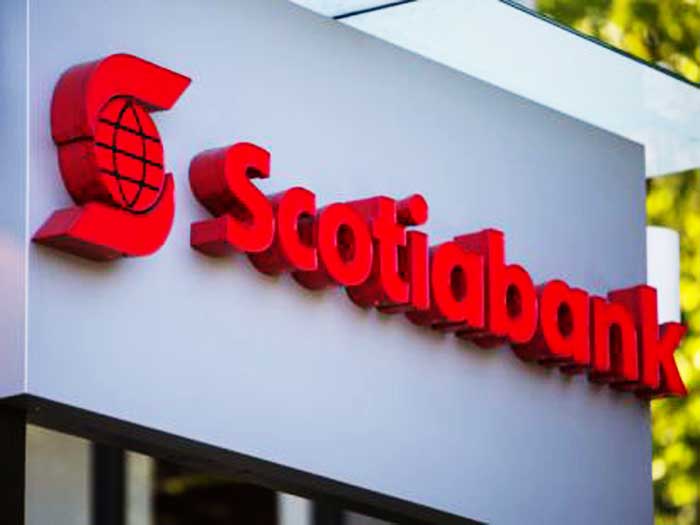Instead, He Proposes Amalgamation of Indigenous E.C.C.U. Banks
A prominent local economist says the recent major banking development in the Eastern Caribbean Currency Union (ECCU) regarding the proposed sale of the Scotia bank operations in nine Caribbean territories are in keeping with the trend of global business consolidation with a view to improving company fortunes.
As such, economist Kwame Venner feels the OECS member-states and the ECCU should see this not as much as a challenge as instead an opportunity to strengthen themselves today for tomorrow.
Venner says the latest banking and insurance acquisitions and mergers create “another eventuality which provides the governments and citizenry of the ECCU with an opportunity to consider and analyse the most optimum options for pursuing their development aspirations.”
The economist noted that the decision to sell the operations of Scotiabank in the ECCU “has generated angst among a number of countries and its citizenry.”
According to Venner in a statement issued yesterday, “The expansionary ambitions of these conglomerates should not be viewed with trepidation, but as a distinct opportunity and motivating factor for the governments and citizenry of the ECCU to marshal and combine their relevant resources to confront the many regional and global political and economic challenges.”
According to Venner, “If one examines the development of Republic Financial Holdings Limited (RFHL), one would observe that from its base in Trinidad and Tobago it has grown from humble beginnings into a banking and financial juggernaut in that country.”
The economist notes that “RFHL has total assets of approximately 10.5 billion US dollars. This can be attributed to its disciplined approach to good business and governance practices.
“Also, very importantly, it operates in a country with a population of 1.4 million persons, with a large number earning high incomes from the buoyant and significant oil and manufacturing sectors.”
In Venner’s view, “This historical spirit of cooperation should thus provide the impetus for meaningful action in respect of advancing the initiative of amalgamating the indigenous banks in the ECCU.”
He feels the ECCU “would be in a much better position politically and economically to confront external challenges if it does so from a unified position.”
Venner explained, “As an aggregate entity, their population would number over 600,000, thus improving greatly their growth and viability prospects.
“By merging the financial and human resources of the ECCU, it would be better placed/strengthened to respond as opposed to individual islands attempting to ‘go at it’ with external entities/challenges.”
Kwame Venner is the son of the late Dwigjht K. Venner, the veteran Governor of the ECCB, who was credited with ensuring the resilience of the EC dollar and its record as one of the most stable currencies in the entire world.






![Attendees at the UHC logo and website launch [Photo credit: GOSL]](https://thevoiceslu.com/wp-content/uploads/2026/02/Attendees-at-the-UHC-logo-and-website-launch-380x250.jpg)






![Remnants of an alleged drug boat blown up in a lethal strike by the U.S. military last week surfaced off Canouan on Saturday [Photo credit : St Vincent Times]](https://thevoiceslu.com/wp-content/uploads/2026/02/Remnants-of-an-alleged-drug-boat-blown-up-380x250.jpg)
